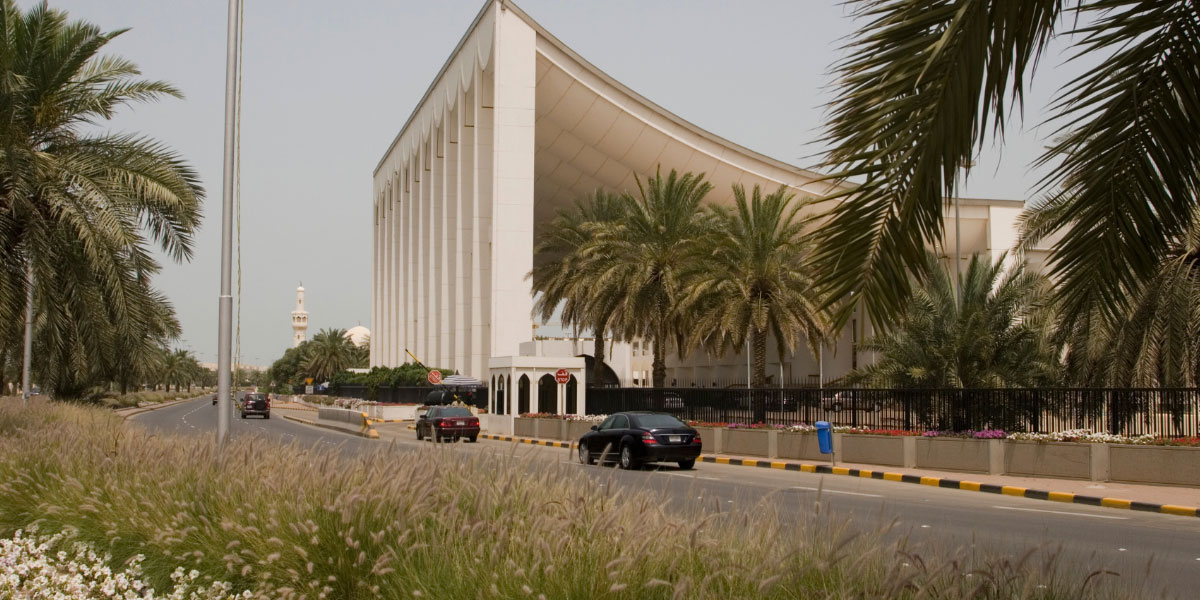On 23 August 2023 the IMF issued a report following discussions with Kuwait under Article IV of the IMF’s articles of agreement.
Kuwait’s economy has continued to recover with non-oil GDP growth estimated to be 3.4% in 2021, buoyed by a recovery in domestic and external demand. Non-oil growth strengthened to 4% in 2022. As oil production also increased, the total GDP growth in 2022 is estimated to be 8.2%. Oil production is expected to decrease in 2023 as a result of cuts in production, but non-oil growth should continue to be strong in the medium term.
The risks to economic growth are mainly to the downside. Growth could be reduced by volatility in oil prices and production as a result of worldwide factors. A more significant global growth slowdown, resulting from monetary policy tightening or banking sector stress in advanced economies, could also adversely affect the national economy. Deeper geo-economic fragmentation could reduce potential growth and worsen the fiscal and current account balances. If there are delays in implementing fiscal and structural reforms in Kuwait this could undermine investor confidence and the delays would also slow progress towards diversifying the economy, increasing vulnerability to risks from climate transition.
The IMF report considers that growth-friendly fiscal consolidation is required to strengthen sustainability. From next year fiscal consolidation should focus on increasing non-oil revenue and increasing capital expenditure to increase potential economic growth. The report suggests further revenue measures including the introduction of the Gulf Cooperation Council (GCC) excise taxes and value added tax (VAT). The scope of corporate income taxation could be broadened to apply also to domestic firms. Energy subsidies should be phased out and targeted income support could be increased.
Kuwait requires structural reforms to increase labour productivity and to support growth led by the non-oil private sector. New entrants to the labour market can be provided with employment through strong non-oil private sector-led growth but this requires a comprehensive set of reforms to deal with structural issues.
The labour market reforms should aim to promote a market-aligned wage structure and working conditions should be gradually aligned between the public and private sectors. There is also a need to harmonise labour market policies between nationals and expatriates. During the transition period social safety net reforms should also be implemented, to protect Kuwaiti nationals.
Reform measures are also required to strengthen governance and to improve the business environment. These reforms should have the effect of enhancing competition and promoting investment, including by the relaxation of foreign ownership restrictions on firms and by improving public land allocation for commercial development. Investment in human capital would help to promote long-term growth in productivity.















